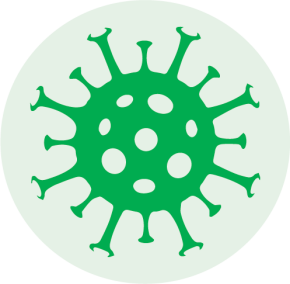
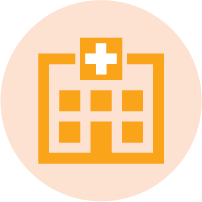
EDCTP portfolio: Emerging diseases
index

The AIDCO project is exploring whether COVID-19 has a distinct impact on African populations.
Understanding COVID-19 in African settings

A notable feature of SARS-CoV-2 infection is the wide range of effects it has on hosts, ranging from asymptomatic infections to life-threatening respiratory distress syndromes. A key factor underlying disease severity appears to be uncontrolled immune responses that have a catastrophic impact on lung function.
Because of differences in its population age profile and prevalence of risk factor such as obesity and diabetes, sub-Saharan Africa may be affected differently by COVID-19 compared to high-income countries. In particular, because of environmental exposures, immune responses to SARS-CoV-2 in people in sub-Saharan Africa may be different, and may also vary between different African settings, such as rural and urban, and between populations of high and low socioeconomic status.
The challenge

The AIDCO project aims to generate detailed African-specific data on COVID-19 infections, using consistent analytical methods, in three different countries spanning West, Central and East Africa.
The project will gather data on multiple aspects of the COVID-19 epidemic. A household study will collect data on knowledge, attitudes and practices, providing insight into factors associated with household transmission and the relative importance of factors such as asymptomatic or mild infections on transmission. In addition, the project will collect detailed clinical information from hospitalised patients in the three countries.
The early immune response to infection is complex and it remains unclear which aspects are associated with controlling infection, infectivity and symptoms at different stages during infection. Globally, much work is being carried out to address this question, but fewer studies are being carried out in Africa, even though the dynamics of immune responses may not be the same as in high-income countries.
The project is taking advantage of the infrastructure created by EDCTP-funded regional Networks of Excellence. Key partners in the project are members of Networks of Excellence in West Africa (Senegal, WANETAM), Central Africa (Gabon, CANTAM) and East Africa (Ethiopia, EACCR).
The project

The AIDCO project will generate harmonised data across different settings and different countries, providing unique insights into similarities and differences in immune responses to COVID-19 in different populations across sub-Saharan Africa. Work on immune responses will identify markers associated with COVID-19 infection and with protection against disease, of importance to vaccine development and testing. The project will also create an important biobank and freely accessible data resource on multiple aspects of COVID-19 that will support further research on the epidemic in the region.
Impact


“
test the safety and efficacy of this new formulation in young children
”
Bringing antiretroviral drugs to children
The CHAPAS trials have ensured that many more children with HIV have benefited
from life-saving antiretrovirals.
EDCTP portfolio: HIV & HIV-associated infections
The challenge
A notable feature of SARS-CoV-2 infection is the wide range of effects it has on hosts, ranging from asymptomatic infections to life-threatening respiratory distress syndromes. A key factor underlying disease severity appears to be uncontrolled immune responses that have a catastrophic impact on lung function.
Because of differences in its population age profile and prevalence of risk factor such as obesity and diabetes, sub-Saharan Africa may be affected differently by COVID-19 compared to high-income countries. In particular, because of environmental exposures, immune responses to SARS-CoV-2 in people in sub-Saharan Africa may be different, and may also vary between different African settings, such as rural and urban, and between populations of high and low socioeconomic status.
The AIDCO project aims to generate detailed African-specific data on COVID-19 infections, using consistent analytical methods, in three different countries spanning West, Central and East Africa.
The project will gather data on multiple aspects of the COVID-19 epidemic. A household study will collect data on knowledge, attitudes and practices, providing insight into factors associated with household transmission and the relative importance of factors such as asymptomatic or mild infections on transmission. In addition, the project will collect detailed clinical information from hospitalised patients in the three countries.
The early immune response to infection is complex and it remains unclear which aspects are associated with controlling infection, infectivity and symptoms at different stages during infection. Globally, much work is being carried out to address this question, but fewer studies are being carried out in Africa, even though the dynamics of immune responses may not be the same as in high-income countries.
The project is taking advantage of the infrastructure created by EDCTP-funded regional Networks of Excellence. Key partners in the project are members of Networks of Excellence in West Africa (Senegal, WANETAM), Central Africa (Gabon, CANTAM) and East Africa (Ethiopia, EACCR).
The project
The later CHAPAS-3 trial compared the efficacy and safety of three fixed-dose combinations including two without stavudine (found to have some long-term side effects in adults, leading to a recommendation that its use be discontinued in children). The trial the first of its kind in Africa studied nearly 500 children at four sites in two African countries.
The AIDCO project will generate harmonised data across different settings and different countries, providing unique insights into similarities and differences in immune responses to COVID-19 in different populations across sub-Saharan Africa. Work on immune responses will identify markers associated with COVID-19 infection and with protection against disease, of importance to vaccine development and testing. The project will also create an important biobank and freely accessible data resource on multiple aspects of COVID-19 that will support further research on the epidemic in the region.
ratios forfixed-dose combinations and on appropriatedosage according to weight.
The CHAPAS-3 trial confirmed the effectiveness of fixed-dose combinations, providing further impetus to the rollout of antiretrovirals to children. Its evidence on abacavir informed the WHO recommendation of abacavir-containing combinations for first-line therapy in children. Trial data have also been used to support applications for regulatory approval for new scored efavirenz tablets.
Impact
L’homme RF et al. Nevirapine, stavudine and lamivudine pharmacokinetics in African children on paediatric fixed-dose combination tablets. AIDS. 2008;22(5):557–65.
Mulenga V et al. Abacavir, zidovudine, or stavudine as paediatric tablets for African HIVinfected children (CHAPAS-3): an open-label, parallel-group, randomised controlled trial. Lancet Infect Dis. 2016;16(2):169–79.
WHO. Guidelines on the use of antiretroviral drugs for treating and preventing HIV infection: recommendations for a public health approach. 2010.
WHO. Consolidated guidelines on the use of antiretroviral drugs
for treating and preventing
HIV infection: Recommendations for a public health approach
(second edition). 2016
Projects: Children with HIV in Africa Pharmacokinetics and Adherence of Simple Antiretroviral Regimens (CHAPAS): CHAPAS-1 and -3
Project lead: Professor Chifumbe Chintu, University Teaching Hospital, Zambia (CHAPAS-1); Dr Veronica Mulenga, University Teaching Hospital, Zambia (CHAPAS-3)
Target population(s): Children with HIV
Sample size: 71 (CHAPAS-1); 480 (CHAPAS-3)
Countries involved: Ireland, the Netherlands, the UK, the USA, Zambia (CHAPAS-1); Uganda, Zambia (CHAPAS-3)
Project duration: 2005–2009 (CHAPAS-1); 2010 –2011 (CHAPAS-3)
EDCTP funding: €1.2M (CHAPAS-1); €4.6M (CHAPAS-3)
Total project funding: €1.2M (CHAPAS-1); €5.0M